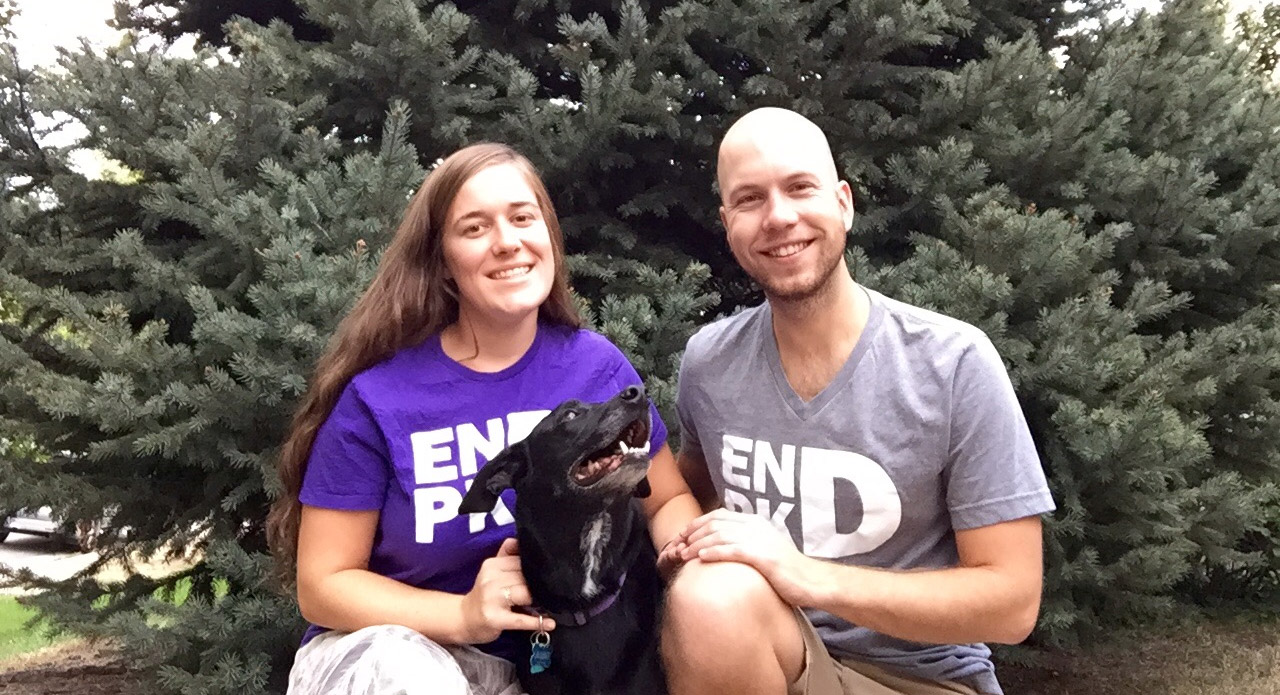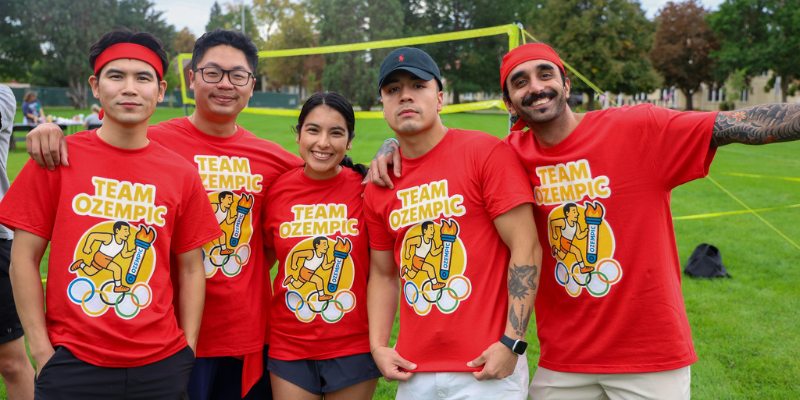After my last struggle with dehydration that landed me in the ED, I wanted to share my experiences living with Polycystic Kidney Disease (PKD) at altitude. Also, September 3, 2015, is PKD awareness day, so it seems fitting to share a little about my experiences with PKD!
I am 24, live in Denver, Colorado, I am a fourth year pharmacy student, and I was diagnosed with PKD in 2014. I believe I have PKD2, the slower onset disease, which means even though I struggle with blood pressure issues and hydration, my kidney function currently otherwise is good. I haven’t yet had to deal with kidney stones, dialysis, and the prospect of a transplant, etc. Being that I am (almost) a pharmacist, I fully understand all the complications that come along with PKD, and I believe this adds a lot of anxiety.
Living in Colorado, with ski trips, backpacking, and happy hours, it is hard to deal with my health while keeping up with my friends and family. With PKD, my kidneys can’t react as well and hold onto water when I am dehydrated. Additionally, after the HALT-PKD results were published I titrated my blood pressure to less than 110/75mmHg, which made hypotension and dehydration even more of an issue. As we all do, I want my kidneys to have the longest life they can have, but after recent events I am even more aware that I need to be proactive with my acute health.
Here are a few things I have learned as a PKD patient and pharmacy student in Colorado:
- I need to avoid taking my medicines before I ski or hike. I need to try and drink as much fluid as possible, and consume lots of salt. This is all hard to remember while leaving for the mountains at 6am, your friends drinking beers on the lifts, and the very expensive lunches.
- When I am ill I need to react proactively and allow my body to get extra salt, fluid, and avoid the big doses of my medicines. However when I am ill it is hard to force myself to drink fluids, remember to not take my medicine, and eat anything.
- Finally, when traveling to different altitudes, like the mountains or the ocean, I need to monitor my blood pressure and be reactive to the readings as to how much medicine to take. It is really hard to remember to do this while traveling, and carrying your blood pressure cuff in your hand luggage for a long weekend doesn’t seem like a priority.
Struggling with dehydration, dizziness, shaking, weakness, and nausea, makes it hard to hold it all together while trying to focus on your career, or trying to keep up with your friends. I think all these points might seem trivial to those struggling with transplant medications, or dialysis, but these are my personal struggles with PKD. There are emotional struggles having PKD; having family members struggling with the same disease, thinking about the progression and complications of the disease, and knowing you have a genetic disease that you can pass down to your children.
Annually there is a PKD walk to raise money for the PKD foundation, which is the largest supporter of PKD research in our country. SNPhA (Student National Pharmaceutical Association) is creating a team that is going to walk in the Denver PKD walk 9/20/15 in Washington Park, and we would love to see you there! You can also learn more about PKD at pkdcure.org.
Learn more about the walk.


